Horse Chestnut
Horse Chestnut contains 31.8% of fatty oil, 36% of starch, 14.7% of fiber and 1.1% of crude protein. Fatty oils are mainly glycerides of oleic acid and stearic acid.
1.Anti-inflammatory effect
Total saponins of Horse Chestnut Extract have anti-mouse decompression and hypoxia effect in mice through different routes of administration. That is to say, when the mice are reduced in decompression and hypoxia caused by adrenaline, there is still a strong anti-hypobaric hypoxia effect. Intraperitoneal injection or oral total saponin can significantly improve the inflammatory exudation of mouse ears caused by xylene. The inhibition rate was 87.5% for intraperitoneal injection and 84.7% for oral administration. It is suggested that the total saponin of Horse Chestnut Extract has an anti-inflammatory effect.
2. Detumescence
Aescin has a protective effect on rat brain edema caused by triethyl tin sulfate (Trietyistannous-sulfate). Saponin can inhibit edema caused by heat injury in rats; it can significantly reduce the external jugular vein caused by ligation The edema and sodium retention can also inhibit the increase in capillary permeability of rabbits caused by chloroform. Intravenous aescin can prevent vasodilation caused by subcutaneous injection of histamine hydrochloride in rats. Rosacea saponin can inhibit the increase of peritoneal capillary permeability induced by histamine in mouse capillaries and acetic acid
3.Corticosterone
Intraperitoneal injection of B-aescin 5mg/kg in rats can significantly increase cortisol and blood glucose in plasma, and B-aescin can cause secretion of corticotropin (ACTH), which leads to the synthesis of corticosterone. Secretion from the adrenal glands and an increase in the quality of ketones.
Horse Chestnut Extract has anti-tissue edema, reduces vascular permeability and prevents water accumulation in tissues, and quickly eliminates heavy feeling and pressure caused by local edema. It can treat stomach cold pain, abdominal distension, hoarding insect pain, malaria, dysentery. It plays a significant role in anti-inflammatory, anti-exudation and swelling, can restore the normal permeability of capillaries, increase the venous tension, and improve microcirculation. In Europe, the indications are mainly edema caused by peripheral circulation disorders, mainly in oral and topical dosage forms. Aescin is an internationally recognized important natural medicine. After thousands of years of clinical observation, it is believed that sodium aescinate has a high therapeutic value for external injury and peripheral vascular disease.



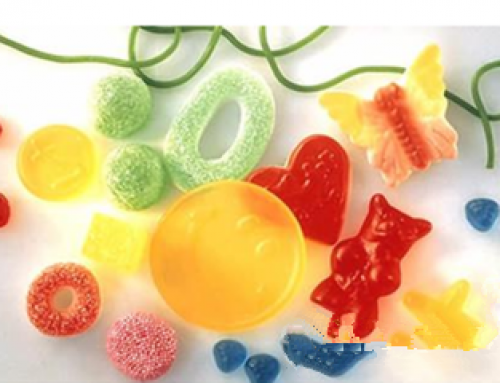
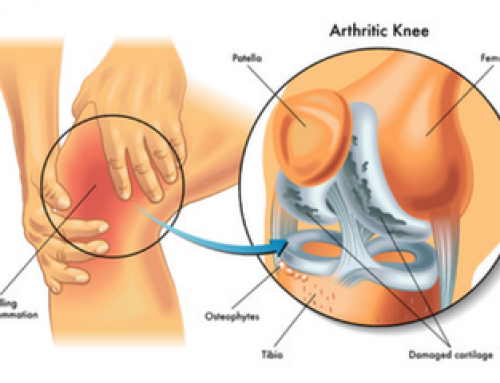
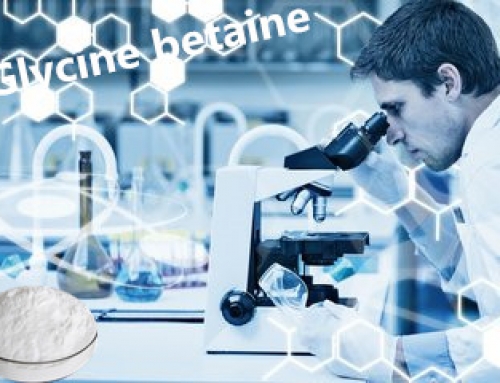
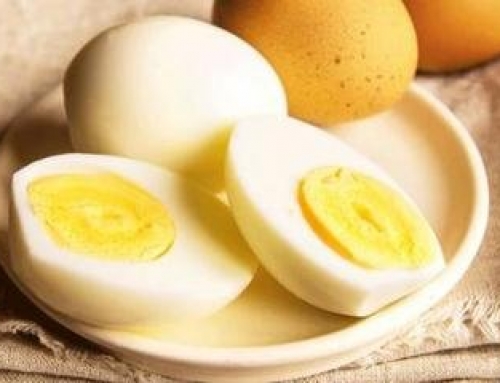
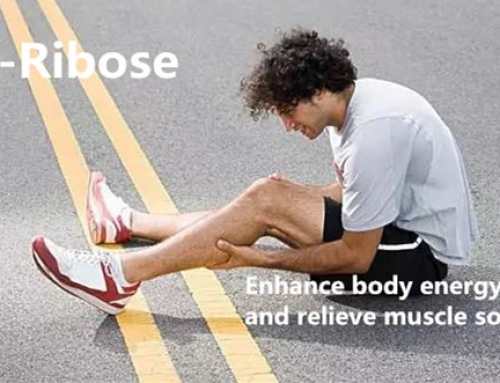
Leave A Comment